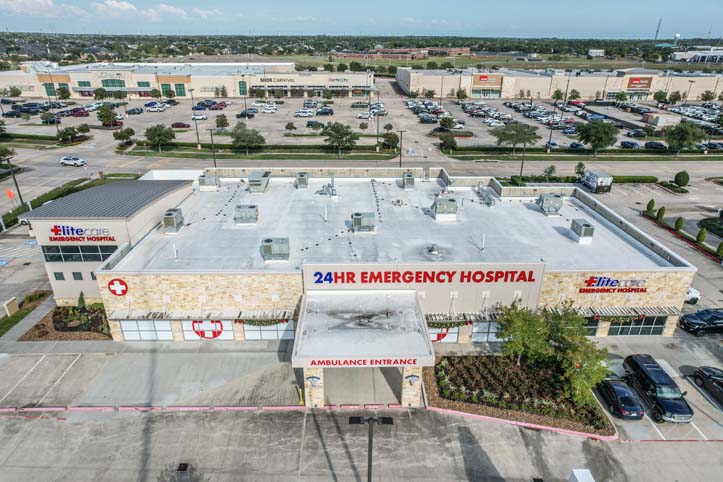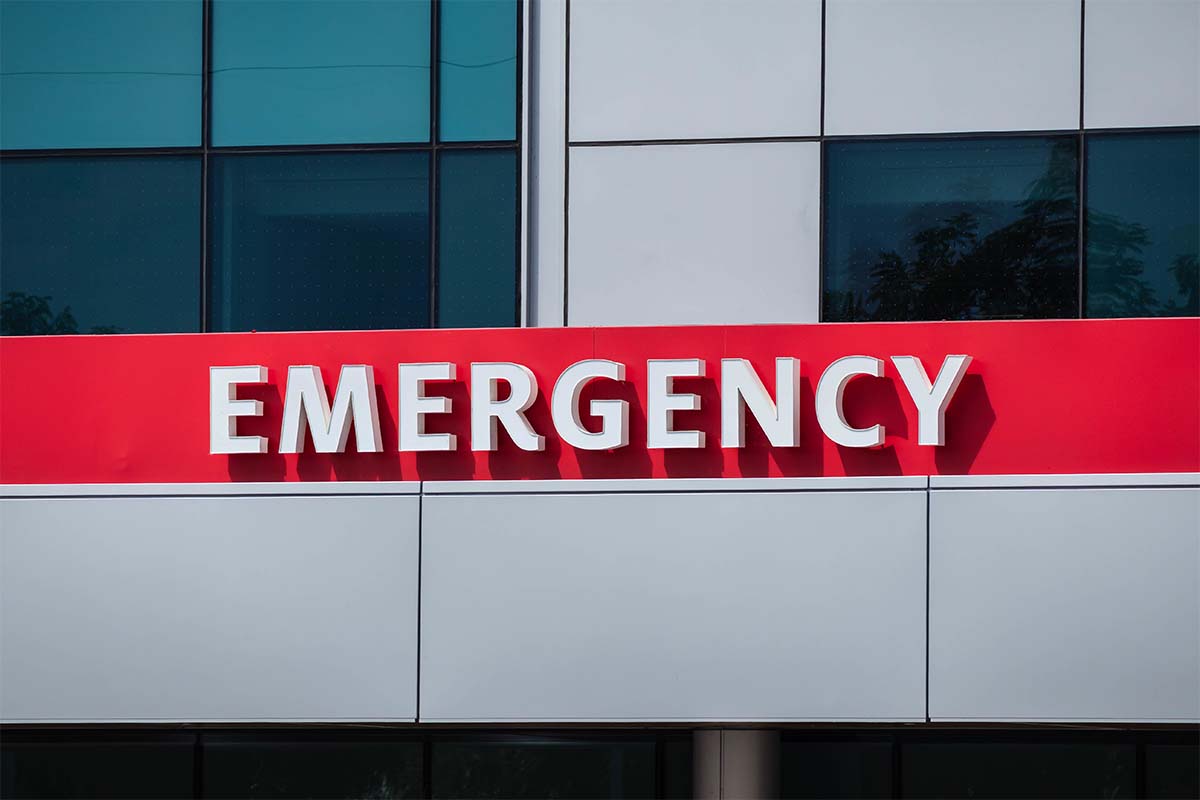
It is essential to realize how serious an injury or illness is when determining whether it can be treated at home, at an urgent clinic, or requires a visit to a hospital Emergency Room. Most importantly, we should know when an injury or illness is life-threatening. It’s also important to know how much time to treatment affects the patient outcome. An Emergency room provides the fastest, most comprehensive care in a medical emergency.
According to the Centers for Disease Control and Prevention, nearly 130 million people visited the emergency room in 2018. The pandemic has changed our comfort level with certain health conditions which is driving more people to emergency rooms.
Changing Patient Needs
Medicine has certainly changed in the last couple of years. Many primary care physicians now provide virtual appointments and can examine patients conveniently via video conferences also known as “telemed”. (Spiegel, 2020) From these visits, treatment is recommended and prescriptions called in to the pharmacy.
What Is Considered an Emergency
Emergency Room visits are recommended if you have symptoms such as shortness of breath, seizures, severe allergic reactions, severe burns or cuts, or multiple injuries or possible fractures. A change in mental status like confusion, symptoms of a stroke such as slurred speech, facial droop, loss of balance or vision, sudden numbness in the body also indicate a medical emergency. Severe chest pain in an adult may indicate a heart attack.
Poisoning or overdose of drugs or alcohol, inhalation of fumes or smoke, uncontrollable vomiting and loose stool or throwing up blood, are considered medical emergencies. Pregnant women suffering from abdominal pain or vaginal bleeding, can also translate to an emergency room visit. (Medline Plus, 2020) If the condition threatens life or limb, considering the time to emergency treatment is critical to saving lives. When in doubt, dial 911.
Things to Remember at the Emergency Room
A visit to the Emergency Room can be stressful and complicated, but certain things can make the experience easier.
Carry Health Information
Make a note of your doctor’s contact information, as well as your medical problems, allergies, medications and dosages and keep it handy. Patients’ electronic medical data are kept by health systems, but if an ambulance transports a patient to a hospital that is not their usual destination, that vital information may not be available to a treating physician.
ICE Your Phone
Add the label “ICE” (In Case of Emergency) in front of the names of nearby family members or friends who might be able to provide life-saving information to your phone, either in the phone’s emergency contact section or by adding the label “ICE” (In Case of Emergency) in front of the names of nearby family members or friends who might be able to provide information. Staff in the emergency room are trained to check for these numbers in order to assist you in contacting loved ones for critical information.
Don’t Panic About Health Insurance
Don’t put off getting help because you’re looking for insurance information during an emergency. Patients will be seen at emergency rooms regardless of their insurance status. You should be prepared in case of an emergency, but don’t be concerned if you don’t have it. Don’t put your health at danger. You can share insurance details after the fact.
Speak Up About Your Health Issues
It is critical to raise concerns with medical workers. Be open and honest about your symptoms so that they can focus on the most critical health issues.
Do I need Urgent Care or Emergency Care?
Determining whether you need emergency care or not can be confusing. There are urgent care clinics that treat immediate needs, but have care limitations. They will direct you to emergency room care if they think it’s required.
Keep these guidelines in mind if a medical emergency occurs. Use good judgement and choose the appropriate care provider based on patient needs. Can it wait? If so, a primary care physician appointment or the convenience of an urgent care provider may be the right solution. If waiting will drastically change the outcome of the patient’s health, consider your local hospital emergency room or dial 911.
Works Cited
Thomas Spiegel, MD. “When to Go to the Emergency Room vs an Urgent Care Clinic.” UChicago Medicine, UChicago Medicine, 29 Oct. 2020, www.uchicagomedicine.org/forefront/health-and-wellness-articles/when-to-go-to-the-emergency-room-vs-an-urgent-care-clinic.
“When to Use the Emergency Room – Adult: Medlineplus Medical Encyclopedia.” MedlinePlus, U.S. National Library of Medicine, 2020, medlineplus.gov/ency/patientinstructions/000593.htm.
Brad Uren, M.D. “6 Things to Do When Visiting the Emergency Room.” Health & Wellness Topics, Health Tips & Disease Prevention, 27 Apr. 2021, healthblog.uofmhealth.org/wellness-prevention/6-things-to-do-when-visiting-emergency-room.
















